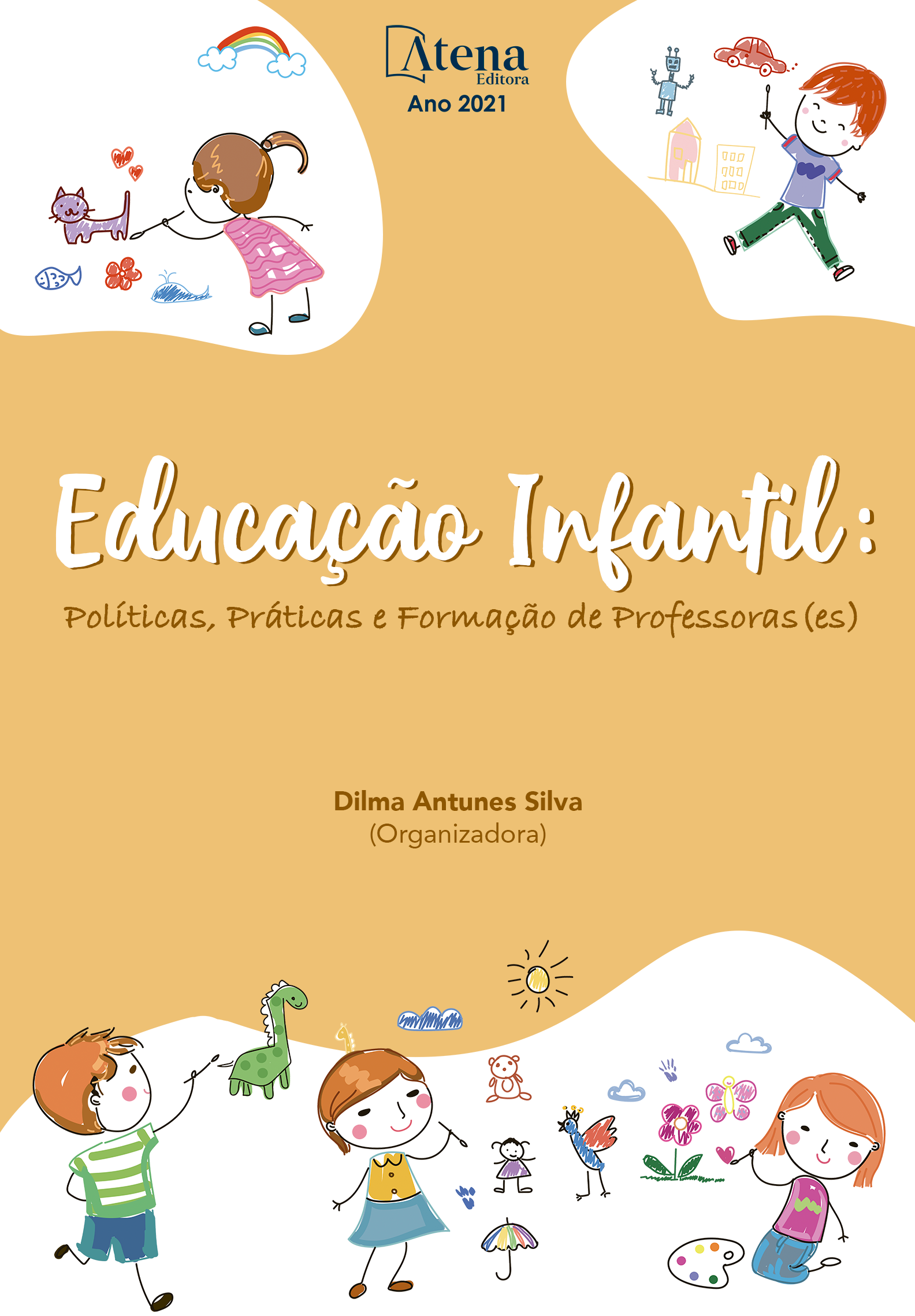
A UTILIZAÇÃO DA LITERATURA INFANTIL PARA O PROCESSO DE ENSINO E APRENDIZAGEM
A literatura infantil quando presente no ambiente escolar auxilia o desenvolvimento da criança, uma vez que incentiva a formação de leitores, desenvolve a imaginação, a criatividade e a capacidade crítica dos alunos. Este trabalho foi elaborado no formato de projeto de ensino e apresentado como trabalho de conclusão do curso de Pedagogia. O objetivo foi incentivar o hábito de leitura em alunos da Etapa 1 da Educação Infantil para se tornar um adulto leitor e sensibilizar os pais à participação nesse processo educativo. O projeto está organizado em quatro etapas. Na primeira etapa será apresentado à direção e coordenação da escola e após o consentimento terá início. Na segunda etapa os pais serão informados sobre o projeto e convidados a participar. Na terceira etapa serão desenvolvidas as atividades de conto e reconto de histórias em sala de aula. Na quarta etapa os alunos levarão para casa uma maleta com livros e os pais participarão das atividades. O contato com os livros infantis deveria acontecer desde tenra idade, uma vez que incentiva a criança ao gosto pela leitura antes mesmo de aprender a ler e escrever. Para isso a participação dos pais em atividades que envolvem a leitura é fundamental e cabe ao professor ser o mediador nesse processo, incentivando as crianças a gostarem da literatura e envolvendo as famílias.
A UTILIZAÇÃO DA LITERATURA INFANTIL PARA O PROCESSO DE ENSINO E APRENDIZAGEM
-
DOI: 10.22533/at.ed.7242110037
-
Palavras-chave: Literatura. Educação Infantil. Formação de leitores
-
Keywords: Literature. Early Childhood Education. Formation of readers.
-
Abstract:
: Children's literature when present in the school environment helps the child's development, since it encourages the formation of readers, develops the imagination, creativity and critical capacity of students. This work was prepared in the format of a teaching project and presented as a conclusion work for the Pedagogy course. The objective was to encourage the reading habit in students of Stage 1 of Early Childhood Education to become an adult reader and sensitize parents to participate in this educational process. The project is organized in four stages. In the first stage, it will be presented to the school management and coordination and after the consent will begin. In the second stage, parents will be informed about the project and invited to participate. In the third stage, classroom storytelling and retelling activities will be developed. In the fourth stage, students will take home a suitcase with books and their parents will participate in the activities. Contact with children's books should happen from an early age, as it encourages children to enjoy reading even before they learn to read and write. For this, the participation of parents in activities that involve reading is fundamental and it is up to the teacher to be the mediator in this process, encouraging children to like literature and involving families.
-
Número de páginas: 12
- Ana Claudia Tenor


